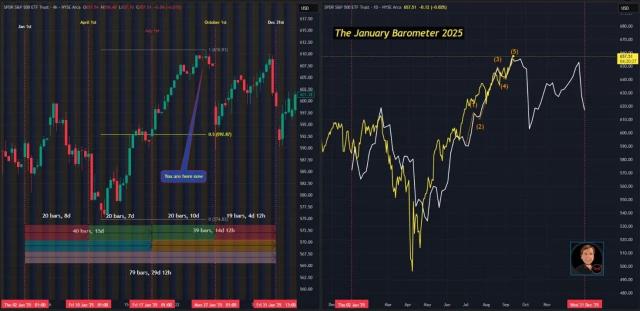Transferring crypto assets to Vietnam: What do investors gain and lose?
Immediately after the resolution on piloting the crypto-asset market in Vietnam was issued, investors quickly focused their attention on an important regulation: within 6 months of the first exchange being licensed, all crypto-assets of Vietnamese investors must be transferred back to the country. This is XEM a strong step, not only creating a legal framework but also reshaping a market that has existed for many years in a “gray area”.
Mr. Phan Duc Trung, Chairman of the Vietnam Blockchain and Digital Asset Association (VBA), analyzed that the new policy does not aim to open a completely new market, but to restructure existing transaction flows, bringing them back under official management. In other words, this is a “playground” for professional, tech-savvy investors, not for beginners.
The biggest benefit, according to Mr. Trung, is that investors will escape the “illegal” situation when trading on foreign exchanges. They are protected by law, limiting the risk of fraud and scams. However, in return, investors must also accept Chia profits through fees and taxes, which is a psychological barrier for many people who are used to free trading.
One notable point is that Vietnam is going in a different direction compared to many countries. In the US, Europe or Singapore, management agencies often do not require businesses to have too much charter Capital . Instead, they focus on international standards such as security technology, transparent operating procedures, professional certifications (such as ACAMS on anti-money laundering), and especially risk insurance packages of up to hundreds of millions of USD.
In the context of Vietnam, the high charter Capital requirement is considered a “filter” to ensure that only financially capable enterprises participate. According to Mr. Trung, this Capital can be used as an insurance fund to ensure customer benefits in case of an incident.
From a business perspective, Mr. Le Bao Nguyen, Deputy General Director of SSI Digital, commented that the issuance of the pilot resolution is a positive signal. Previously, many activities took place in a “gloomy” area, with unclear legality, causing insecurity for both investors and businesses. Now that there is a legal corridor, the market has become more transparent, safe and sustainable.
However, the Capital -asset market is notorious for its volatility. Compliance with new regulations will certainly entail higher costs, especially for blockchain startups. Many startups are still worried about their operating models, waiting for more detailed guidance from authorities to avoid legal risks. This also shows the high expectations from the community that the new policy will open up a path for long-term development.








